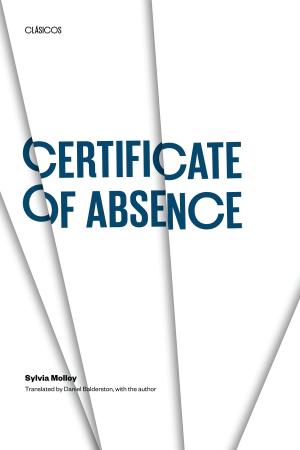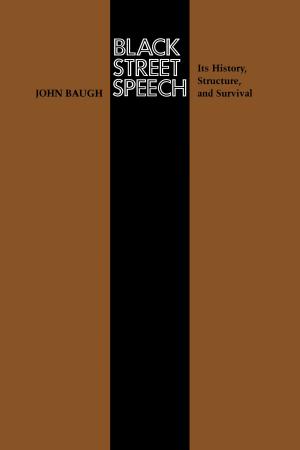a dirty hand
The Literary Notebooks of Winfield Townley Scott
Nonfiction, Entertainment, Drama, Anthologies| Author: | Winfield Townley Scott | ISBN: | 9780292759183 |
| Publisher: | University of Texas Press | Publication: | October 2, 2013 |
| Imprint: | University of Texas Press | Language: | English |
| Author: | Winfield Townley Scott |
| ISBN: | 9780292759183 |
| Publisher: | University of Texas Press |
| Publication: | October 2, 2013 |
| Imprint: | University of Texas Press |
| Language: | English |
From "a dirty hand": Words are very powerful. You aren't sure of that? Think of all the things you won't say. Wonderful remark in a note I had this week from William Carlos Williams. He spoke of the "disease" of wanting to write poetry; said he had been "off" poetry for many months and—he said—"I feel clean and unhappy." One reason for keeping this kind of notebook: you can put on record the retort you couldn't think of at last night's party. Photographs of Henry James in his middle years should be commented upon. Gone is the shy aesthete of the youthful portrait (by LaFarge?) . This bearded man has a fierce look, even a bestial one. Here is perhaps-I don't know-James at his most generative. Again this man disappears in the shaven, bald, final James, the famous James—the Grand Lama. I noticed when Lindsay (thirteen) read aloud a passage from a hunting book the other day he pronounced "genital" as "genteel." I'd love to see a literary history titled "The Genital Tradition." Contrast "business ethics" and the ethics of art. Nobody writes a poem hoping it will wear out in four or five years. Between 1951 and 1966 the distinguished American poet Winfield Townley Scott kept a series of notebooks in which he set down his thoughts on poetry, literature, the literary scene, and life in general. Shortly before his untimely death in 1968 he made a selection of the entries he thought were best and gave it the title "a dirty hand." These perceptive notes, some tart, some gentle, some boisterous, some wistful, give us a remarkable insight into the workings of his creative mind. George P. Elliott has said of Scott: "In a very solid way, I think he was as rock-bottom American a poet as we have had since Frost." The introduction is by Scott's good friend Merle Armitage, who also designed the original edition of this book.
From "a dirty hand": Words are very powerful. You aren't sure of that? Think of all the things you won't say. Wonderful remark in a note I had this week from William Carlos Williams. He spoke of the "disease" of wanting to write poetry; said he had been "off" poetry for many months and—he said—"I feel clean and unhappy." One reason for keeping this kind of notebook: you can put on record the retort you couldn't think of at last night's party. Photographs of Henry James in his middle years should be commented upon. Gone is the shy aesthete of the youthful portrait (by LaFarge?) . This bearded man has a fierce look, even a bestial one. Here is perhaps-I don't know-James at his most generative. Again this man disappears in the shaven, bald, final James, the famous James—the Grand Lama. I noticed when Lindsay (thirteen) read aloud a passage from a hunting book the other day he pronounced "genital" as "genteel." I'd love to see a literary history titled "The Genital Tradition." Contrast "business ethics" and the ethics of art. Nobody writes a poem hoping it will wear out in four or five years. Between 1951 and 1966 the distinguished American poet Winfield Townley Scott kept a series of notebooks in which he set down his thoughts on poetry, literature, the literary scene, and life in general. Shortly before his untimely death in 1968 he made a selection of the entries he thought were best and gave it the title "a dirty hand." These perceptive notes, some tart, some gentle, some boisterous, some wistful, give us a remarkable insight into the workings of his creative mind. George P. Elliott has said of Scott: "In a very solid way, I think he was as rock-bottom American a poet as we have had since Frost." The introduction is by Scott's good friend Merle Armitage, who also designed the original edition of this book.















